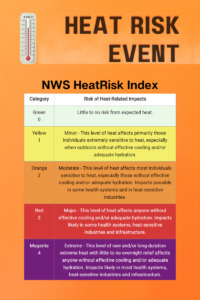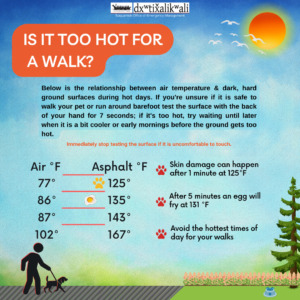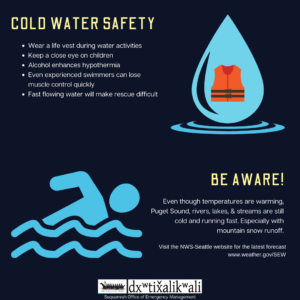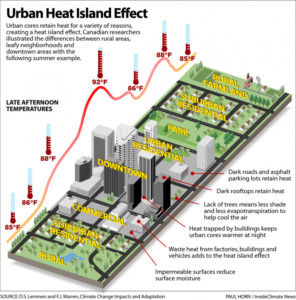It’s official: Warm Weather is Here!
Get ready now so you and your loved ones can stay safe while having fun in the sun
If you haven’t dusted off the box fans that you tucked away in the back of the garage or found that Slip-&-Slide the kids reluctantly abandoned when it was time to come in from last summer, it’s time. Whether you’re planning on hitting the beach, hiking, or just lounging in your backyard, it’s important to take steps to protect yourself from too much heat.
Here are some tips to stay healthy:
Keep hydrated: Drink plenty of water throughout the day, and avoid sugary, highly caffeinated, or alcoholic beverages, as they can dehydrate you. If you’re planning on being outside for an extended period of time, consider bringing a refillable water bottle with you.
Layer on the protection: Wear sunscreen with an SPF of at least 30, and reapply every two hours (or more often if you’re swimming or sweating). Wear a hat and sunglasses to protect your face and eyes, and try to stay in the shade during the hottest parts of the day (typically between 10:00 am and 4:00 pm).
Be water aware: The air may be hot, but local waters are not! Getting into water that is extremely cold can be a significant health risk and even fatal. Make sure to check the water temperature before getting in, and consider wearing a wetsuit if you’re planning on being in the water for an extended period of time.
Escape extreme heat: The Suquamish Museum is open daily from 10:00 am to 5:00 pm and the Clearwater Casino can also be a great place to find relief from the heat – and have some fun!
Stay ahead of the weather: Monitoring the local National Weather Service page for weather forecasts to get updates to any advisories, warnings, and watches can help you stay one step ahead of dangerous weather trends.
Especially on extreme heat days, air quality can be a concern for many. Here are a few sources to monitor local air quality risk:
Learn the risks
Groups most at risk to heat include children, Elders, people experiencing homelessness, people with pre-existing conditions, indoor and outdoor workers, emergency responders, incarcerated people, low-income communities, pregnant people, athletes, and more.
 Temperatures of 78°F or over are too hot for inside a house for extended periods of time. Most homes in the Pacific Northwest don’t have central air-conditioning and are built to help trap heat inside. Exposure to high indoor temperatures can lead to several health problems, including heatstroke, heart attacks, and dehydration; this is especially difficult for higher-risk populations.
Temperatures of 78°F or over are too hot for inside a house for extended periods of time. Most homes in the Pacific Northwest don’t have central air-conditioning and are built to help trap heat inside. Exposure to high indoor temperatures can lead to several health problems, including heatstroke, heart attacks, and dehydration; this is especially difficult for higher-risk populations.
Learn to recognize the signs of heatstroke, which could save someone’s life, including yours. If you or someone else are experiencing signs of heatstroke, it is important to immediately call 911 and try and get to a cooler, more shaded area.
Animals can get heatstroke too. Check out these resources to learn how to recognize heatstroke in pets and what to do if it happens.
If you know of someone who might be at greater risk during extreme heat events, take a minute to check in on them; social isolation can exacerbate the impacts of extreme heat events on elders’ health and safety.
Did you know?
Normally, your body gets rid of heat by sending it out into the cooler air around you. But, when the air is hotter than your skin, the opposite happens; heat from the hot air moves into your body instead of away from it. When the air outside is dry and extremely hot, using fans can actually have the unintended effect of warming you up more rather than cooling you off.
This method of heat transfer is the same way convection ovens work.
The good news for those of us in the lowland Puget Sound area is that dry, extremely hot weather doesn’t happen very often.
But when it does come, just remember to stay hydrated, protect your skin, and be cautious when getting into cold water. With a little bit of preparation and common sense, you can make the most of the warm weather and stay safe and healthy all summer long.





